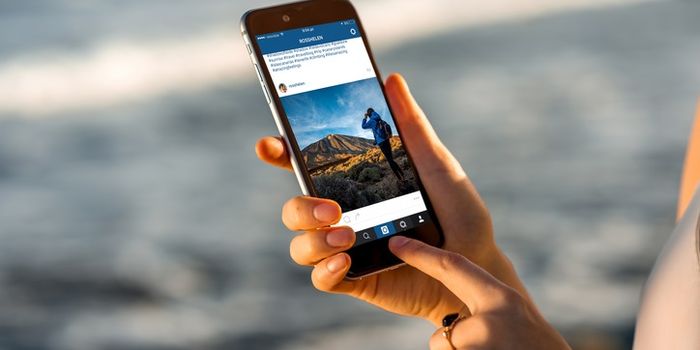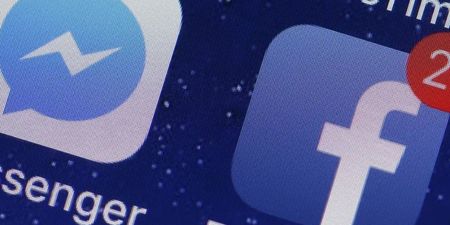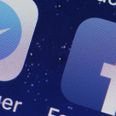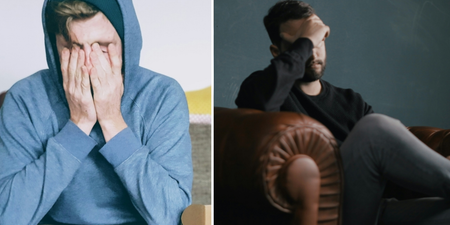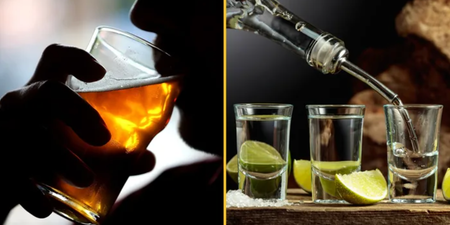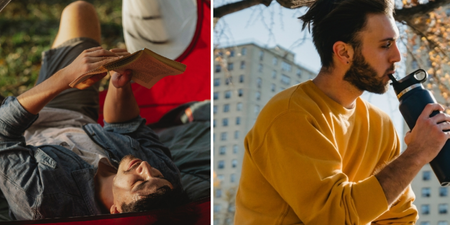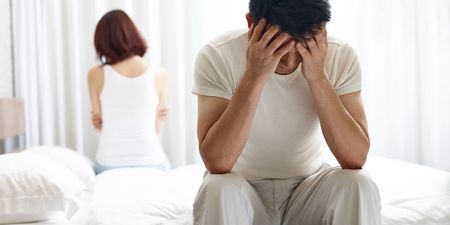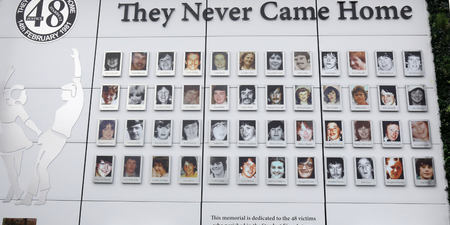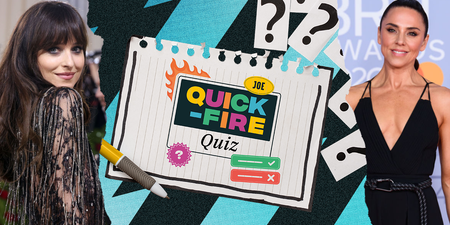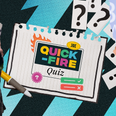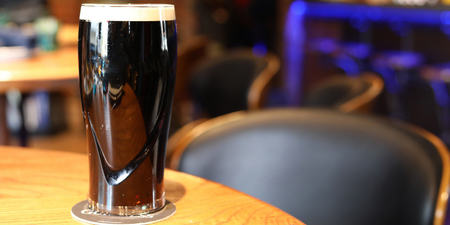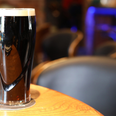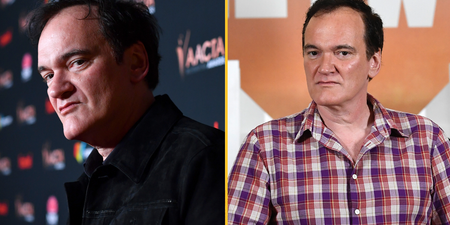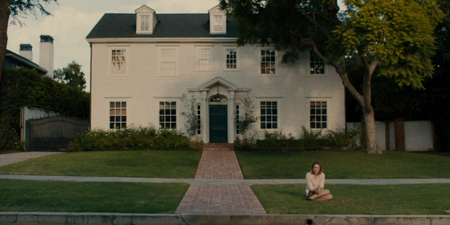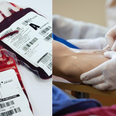Instagram is followed closely by Snapchat.
Social media – particularly the likes of Instagram, Facebook and Snapchat – has become a huge part of our lives in recent years and to be honest, the thought of being without it now is a scary prospect.
While social media is mostly used for getting the latest news and finding the funniest memes, it is also a place where people go to post photos of themselves online in the hope of getting many likes.
Without beating around the bush, that is why most people post photos to the likes of Facebook and Instagram. We try and find the cleverest caption, the best filter and even post at ‘peak times’ to maximise our chances of getting the most interaction.
As you would imagine, this has a number of serious effects on our emotional wellbeing.
A study from the Royal Society for Public Health in the UK has found that Instagram is the most detrimental social networking app for young people’s mental health.
Their study, entitled #StatusofMind, surveyed almost 1,500 young people between the ages of 14 to 24 and asked about how specific social media platforms impacted on their health in terms of anxiety, depression, self-identity and body image.
Out of all the platforms, YouTube was the only one that was found to have a positive impact while Instagram, Snapchat, Facebook and Twitter all had negative impacts.
Instagram had the most negative impact notably among young women who “compare themselves against unrealistic, largely curated, filtered and Photoshopped versions of reality,” on Instagram, said Matt Keracher, author of the report.
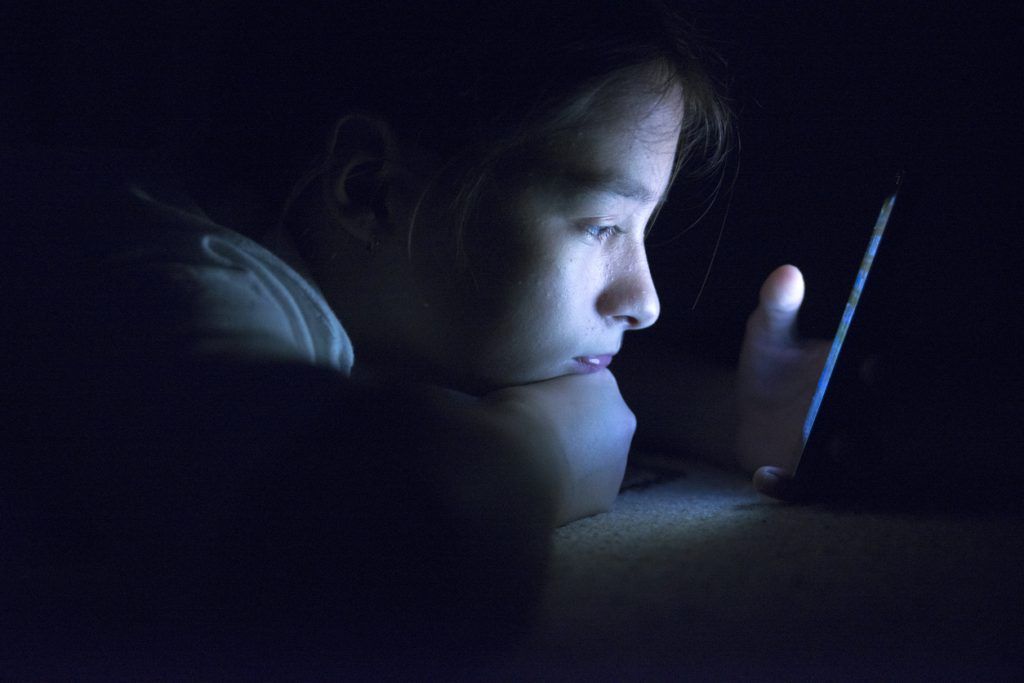
He added, “Instagram easily makes girls and women feel as if their bodies aren’t good enough as people add filters and edit their pictures in order for them to look ‘perfect.'”
Keracher has asked to tackle the effect it has on young people’s mental health by placing a warning image on pictures that have been digitally manipulated.
The report also showed that the length of engagement online had an impact on young people’s mental health, with people who spend more than two hours a day on networking sites more likely to have a poorer state of mental health.
LISTEN: You Must Be Jokin’ with Aideen McQueen – Faith healers, Coolock craic and Gigging as Gaeilge
